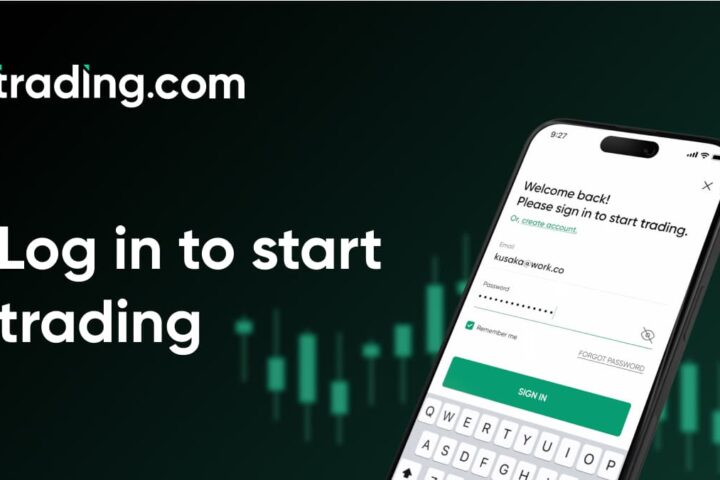The UK’s online gambling market has undergone a dramatic transformation over the past decade.
What was once largely dominated by straightforward sports betting and lottery participation has evolved into a diverse ecosystem that includes casino-style slots, live dealer games, in-play betting products, and app-based micro-gambling experiences.
This evolution has brought both growth and significant regulatory scrutiny.
Stricter Regulation and Consumer Protections
One of the most notable changes has been the shift toward stricter regulation.
The Gambling Act 2005 initially provided a relatively permissive framework suitable for the early days of online gambling.
However, in recent years, the government and the Gambling Commission have implemented measures to tighten consumer protections.
Operators now face mandatory checks on player affordability and vulnerability, alongside stricter technical standards for online platforms.
These changes reflect a broader effort to make regulation “fit for the digital age” and to safeguard consumers in an increasingly sophisticated and fast-moving market.
Changes in Advertising and Customer Acquisition
Advertising has also been dramatically affected.
Celebrity-led campaigns and high-visibility sports sponsorships that dominated the early 2010s have largely been scaled back.
Regulatory bodies have targeted ads that could appeal to underage or vulnerable audiences, resulting in a decline of mass-market television and online campaigns featuring famous sports stars or reality TV personalities.
As a result, operators have shifted toward more targeted online marketing strategies.
App-store promotion, affiliate partnerships, and personalized digital campaigns have become central to acquiring and retaining customers in this new era.
Technological Innovation and the Player Experience
Technology has fundamentally reshaped the online gambling experience.
Mobile apps, instant-play casino games, and live-streamed dealer rooms have made gambling more immersive and accessible.
Features such as autoplay, near-miss mechanics, and micro-betting have changed player behaviour, allowing for longer and more intense sessions.
The introduction of gamification elements and loyalty-based rewards has also influenced engagement, encouraging repeat play while raising questions about responsible gambling practices.
The Rise of In-Play and Micro-Gambling
In-play betting has emerged as one of the fastest-growing segments.
Unlike traditional pre-match bets, in-play options allow users to place wagers during live sporting events, offering dynamic odds that change in real time.
Micro-gambling, often facilitated through apps and mobile-friendly platforms, allows players to make small bets frequently, appealing to users seeking fast-paced and interactive experiences.
These trends have expanded the reach and frequency of gambling while prompting regulators to assess the potential risks of problem gambling.
Market Consolidation and Industry Trends
Over the past decade, the UK online gambling industry has also seen significant consolidation.
Large operators have absorbed smaller competitors to increase market share and streamline compliance with increasingly strict regulations.
Meanwhile, new entrants with innovative tech-driven products continue to challenge established players, creating a competitive and evolving marketplace.
Operators are now investing heavily in data analytics to understand player behaviour, optimise product offerings, and promote responsible gambling.
Looking Ahead
As the UK’s online gambling market continues to mature, the next decade is likely to bring further regulatory, technological, and cultural changes.
Operators will need to balance growth ambitions with ongoing obligations to protect consumers, especially vulnerable players.
Emerging technologies such as artificial intelligence, virtual reality, and blockchain-based gaming may reshape the landscape yet again, offering immersive experiences while raising new challenges for regulators.
Overall, the past ten years have marked a period of rapid transformation in the UK online gambling market, driven by stricter regulation, technological innovation, and changing consumer habits.
The industry is now more sophisticated, tightly controlled, and digitally integrated than ever before, setting the stage for a new era of online gambling in the UK.







